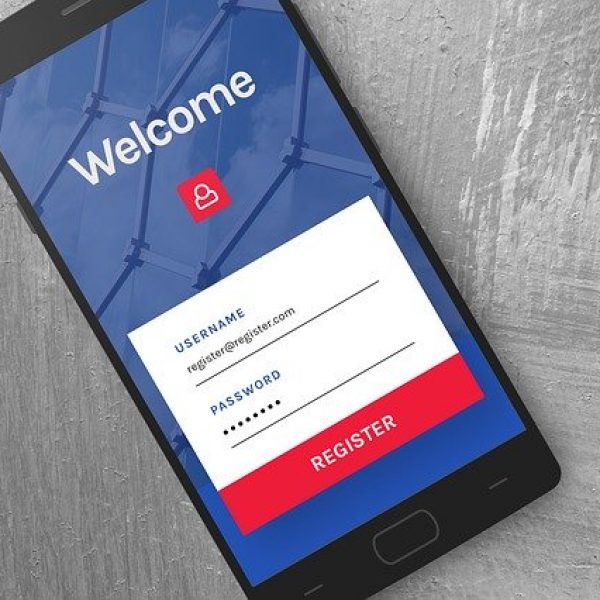Trust. It’s a fundamental principle in any relationship. If I trust you, I’m open, unguarded, not concerned that you will take advantage of me and that you have my best interests as a primary concern. We don’t know exactly what marks the advent of trust in a relationship. Probably because there is no advent per se. Trust is usually built over time. And it can evaporate in an instant.
What we do know is that trust is critical in a Business Partnering context. What do we mean by this? If you are offering services as a Business Partner, or perhaps offering internal consulting services, trust should be at the forefront of your mind. Not only at the start of building a relationship with a key client, as the focus needs to be maintained for trust to develop.
We have designed an easy model with five elements for you to think about when you consider how to build trust. Your approach to building trust may vary dependent on the relationship and the purpose of it. This model helps to guide the process and encourages you to consider your stakeholders needs as trust continues to develop. We hope this acronym helps you to remember what we consider to be the fundamentals of trust.
T.R.U.S.T
Time- Invest the time
Trust doesn’t suddenly occur. It builds over time. There are often proof points that help you determine the level of trust. This guides you in your approach, communication style and in assessing your level of credibility. These are all ingredients for your ticket to play. Your ticket to play enables you to be invited into discussions where you can really partner. Where you are walking alongside your client and co-creating and collaborating.
Rapport – Get to know each other
Even when you don’t have anything specific to discuss with your internal client, don’t cancel the meeting. Take the time to find out more about their business unit, the business strategy, their ideas and insights, what lights them up and what keeps them awake. The more you get to know your client, and the more they know you, the more your trust deepens. Remember this is two -way, so it will require you to open up so they can get to know you too.
Understand – Walk in your client’s shoes
We love empathy mapping for this. Taking the time to create an empathy map and then testing your assumptions, will help you to develop a deeper level of understanding which will improve your offer as a Business Partner. Take a perspective walk often. What we mean by this is thinking about issues on your client’s behalf from different angles frequently. This will improve your advice and help you to develop a deeper understanding of the business.
Sensemaking – Context and environment
The advice you provide, and the partnering you offer needs to fit the context and the environment. For this to occur effectively, you need to engage in your sensemaking abilities. Engage with what you observe, what you hear and see. Share insights on these observations that enhance what your client may know and their approach. This will increase your value as a Business Partner and increase the trust in the relationship.
Tactical – Demonstrate the value
Through doing the work, you demonstrate value, and this adds to trust in the relationship. In doing the work, we don’t want you to just do the work. We want you to delight your internal client by adding as much value as you can. We want you to think about what they need, and what they want. Also a huge value add is to provide something that will create a significant difference in their world without them requesting it. This demonstrates care, strategic foresight, an interest in the business and commercial nous.
So remembering T.R.U.S.T will help you to develop and maintain trust across all your relationships. The key to remember is that trust is not a given. It needs to be a continual focus for it to be maintained.
Are you keen to find out more about our one-of-a-kind Business Partnering Impact Program? Check it out here, and of course contact us for more details.

